|
12/2/2014 10 Comments Bouchercon 2014 - Day Two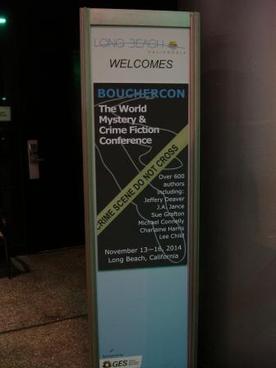 More fangirl moments, notable quotes, and lots of photos! Friday, November 14, my game plan was to attend as many panels and workshops as I could fit in. The difficult part was deciding which sessions to attend, when there were so many terrific offerings. The first event of Day Two at Bouchercon 2014 was the New Author Breakfast. I attended for two reasons. 1) Fellow Rocky Mountain Mystery Writers of America member and Five Star author Mike Befeler was the host, and 2) there is no better way to hone your own elevator pitch than to hear dozens of emerging authors selling their novels. Mike did a great job keeping the event on track and on time. Next up on my schedule was the Walk Through a Crime Scene workshop presented by George Fong, former special agent with the FBI. A mock crime scene had been arranged at the front of the room, and two audience members - an author and a reader - were selected to walk through the scene identifying evidence with markers. The FBI Evidence Response Team guided the audience and the two participants through the legal and scientific aspects of crime scene investigations, while debunking some of what we see on television crime shows. As a mystery writer, I have attended plenty of talks on crime scene investigation, as well as my county DA's Citizen's Academy. I thought I was well versed, but I learned four new things at this workshop. 1) Investigators will remove an entire wall and take it as evidence if need be. 2) DNA evidence is packaged in paper because plastic may cause it to mold. (Yuk!) 3) A small police department may reuse body bags to save money. Even if they are washed between uses (another yuk!) this can ruin evidence. 4) The main investigative goal is to Stop the Clock in order to set the timeline of the crime. 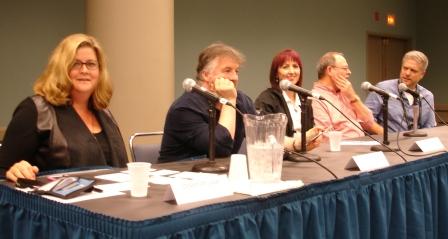 When I took my seat for a 10 am session, I ran into Charlene Bell Dietz. We were on a short story panel together at Left Coast Crime 2013, and have corresponded since then. This time, we were in the audience for "A Place by Any Other Name." Moderator Deborah Lacy hosted authors John Connolly, Tammy Kaehler, William Kent Kruger, Mark Pryor, and Julia Spencer-Fleming (not pictured). Here are my favorite quotes from this panel on how stories wouldn't be the same in a different setting: "By their natures writers tend to be outsiders." - John Connolly "Being an outsider in some way can often give you an insight into a region that locals don't have." Julia Spencer-Fleming Mark Pryor described doing research in Old Town Barcelona. He had to be there to see the shutters of shops open to reveal a pub or a bakery. "You can't Google Earth that." William Kent Kruger said that setting is not just the place the story takes place. "I always think of setting as one of the characters." Tammy Kaehler described her female race car driver protagonist as a "fish out of water." There is value in the writer being an outsider, but there is also value in a character being an outsider. 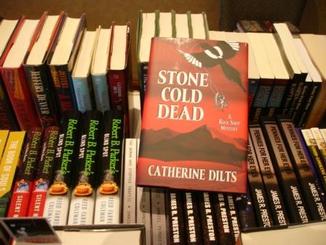 In between sessions, I went to the dealer's room. Book vendor Anne Saller placed my novel on her Book Carnival table. I had to drop by for a photo of my book for sale at Bouchercon. How exciting! http://www.annesbookcarnival.com/ After swooping through the dealer's room for the umpteenth time, I saw Charlene Dietz in the hotel cafe area. She waved me over to her table and introduced me to her friend author Patricia Smith Wood and another author she had just met, Rhys Bowen. 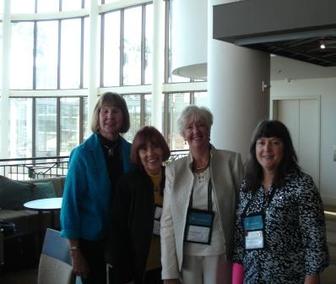 Charlene Dietz, Patricia Smith Wood, Rhys Bowen, Catherine Dilts Charlene Dietz, Patricia Smith Wood, Rhys Bowen, Catherine Dilts I had recently read books in two of Ms. Bowen's series. I was thrilled to be able to discuss them somewhat intelligently, and then in true fangirl style, to request a photo. I was amazed at how many people I knew in the crowd of over 1600 people. I talked to Chris Goff in the hallway. She has a new bird-watchers book coming out, and recently signed a two book thriller deal. 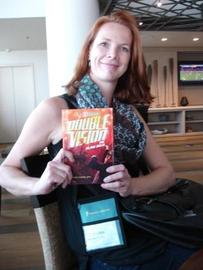 F. T. Bradley F. T. Bradley Soon after this encounter, I ran into friend and author F. T. Bradley. This then entailed a trip to the dealer's room, because my granddaughter would never forgive me if I didn't buy Fleur's newest novel, and get her autograph. The next session I attended was The Long and the Short of It, featuring authors of both short and novel-length fiction. I know, it is getting old, but this was yet another fangirl moment. I have read short stories and/or novels by almost everyone on the panel. The authors discussed how they decide whether an idea is best suited for long or short fiction. Jeffery Deaver defined it best. "Short stories are not a springboard to novels." Both involve entirely different sets of skills. "The point of a short story is a twist" whereas a novel is multi-plotted. 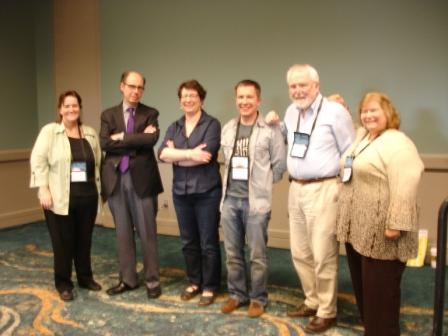 Terrie Farley Moran, Jeffery Deaver, Dana Cameron, Simon Wood, Brendan DuBois, and Toni Kelner Terrie Farley Moran, Jeffery Deaver, Dana Cameron, Simon Wood, Brendan DuBois, and Toni Kelner Terrie Farley Moran moderated the panel that was her inspiration. She said more and more people are writing both long and short fiction. Terrie said she will take characters from novels and write short stories about them to explore their backstory. Alternately, she may "test drive" a character in a short story before using him or her in novel-length fiction. Simon Wood described his approach to writing short by telling the audience he considers "is that word worth $1." Brendan DuBois said time and space are your enemy in short fiction. You have limited space, and must choose your words carefully. Dana Cameron, Bouchercon anthology editor, likes to throw scraps of ideas into a basket until the idea finds its place in either a short story or a novel. Toni Kelner enjoys writing to a theme, such as for an anthology. "Two authors never see the same thing the same way." Jeffery Deaver ended the panel with these words: whether writing long or short, "We have a real responsibility to give our best."  I enjoyed the afternoon panel with mystery mega-star authors who shared trials, tribulations, and triumphs from their careers. Moderator Clare Toohey hosted Sue Grafton, Charlaine Harris, Sara Pretsky, and J. A. Jance. Afterwards, I joined the mad scramble for a place in the long lines to get autographs. 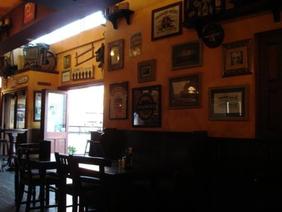 I was running out of steam, but the day was far from finished. Roomie Patricia Coleman and I took our dinner break at the Irish pub across the street from the convention. Is there a better place for writers to hang out? Later I went to the dessert reception and charity auction with my other roomie Maria Kelson. The walk along the promenade at night was bright with light. We reveled in the sensation of not needing jackets, much less winter coats, hats, gloves, and boots. On our trip down the escalator to the reception, I claimed that if I made enough money off my writing, I would buy an island and write poetry all day. Maria commented that she could say she wrote poetry before she had an island. The desserts were beyond description, so I'll just include photos below. Maria and I were commiserating that there was too much dessert, and we had too little room to stow it, when a gentleman sat down next to us. He looked somehow familiar, but I couldn't place the face. Then he introduced himself. Mark Baker is the blogger behind Carstairs Considers. He reviews cozy mysteries, among other things. Mark's blog was the first to review my novel Stone Cold Dead. A handshake was not enough. I gave him a hug. http://carstairsconsiders.blogspot.com/ http://carstairsconsiders.blogspot.com/2014/11/report-from-bouchercon.html 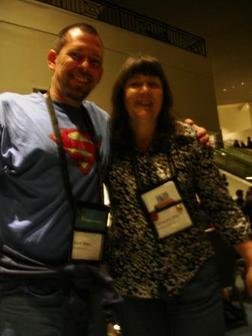 Back in our hotel room, Maria and I described the evening, and the desserts, to Patricia. Then Maria grabbed her laptop and went to the lobby to write. Now that is dedication! And that was Day Two of my Bouchercon adventure. Join me next week for Day Three, and my author spotlight that didn't go quite as planned. More photos in the slideshow below.
10 Comments
Robert Lopresti
12/2/2014 12:10:32 am
Loved your report. Tomorrow at SleuthSayers I'll be offering some of my favorite quotes from Bcon, including some from one of the panels you describe...
Reply
Catherine Dilts
12/2/2014 12:29:15 am
Rob, there were so many gems I had trouble deciding which quotes to include. I need to check out SleuthSayers tomorrow to see which you use. I enjoyed meeting you in person after "meeting" you through the SMFS loop.
Reply
12/2/2014 12:51:55 am
Catherine, this was a wonderful report. I enjoyed every word. It was great to have the pictures, as well. Looking forward to the next installment.
Reply
Catherine Dilts
12/2/2014 01:08:21 am
Jan, the Short Mystery Fiction Society was well represented at Bouchercon. I think the number of panels on short stories was unusual, and appreciated by attendees.
Reply
12/2/2014 05:50:59 am
Wow, Catherine! Thanks for including Charlene and me in your blog post today! We had such a good time, and I love how you described the difficulty in deciding which panel to miss in order to see another great panel! I'm looking forward to another event where I can get to know you better!
Reply
Catherine Dilts
12/2/2014 07:33:36 am
Patricia, I hope we do get the chance to visit at another event. There were so many great panels and events going on the entire time, I just knew I was missing out on something!
Reply
12/2/2014 06:49:55 am
Thanks for this great report! I missed so much; your post gave me a nice recap of some great panels.
Reply
Catherine Dilts
12/2/2014 07:34:56 am
Fleur, even being there the entire time, I missed a lot! One of the best parts of Bouchercon was reconnecting with writing friends.
Reply
12/2/2014 07:33:29 am
What excellent reporting, Catherine. You're bringing back quotes and memories I'd forgotten. (Your Irish Pub dinner makes me envious--did you have fish and chips or maybe shepherds pie?) Just for your information, I'm deep into "Stone Cold Dead". Do I need to buy Morgan a lock and chain to keep those adorable donkeys at home? I'm waiting for your next post. Thanks!
Reply
Catherine Dilts
12/2/2014 10:38:06 am
Charlene, everyone loves the escape-artist donkeys! I got a vegetarian boxty at the pub, and a Guinness, of course.
Reply
Your comment will be posted after it is approved.
Leave a Reply. |
Subscribe to this blog: |
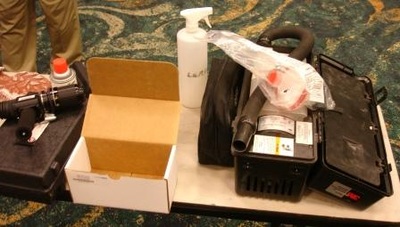
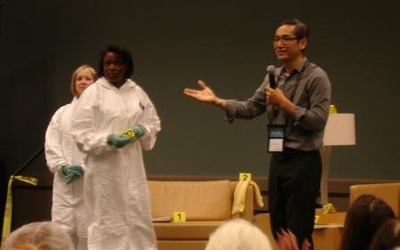
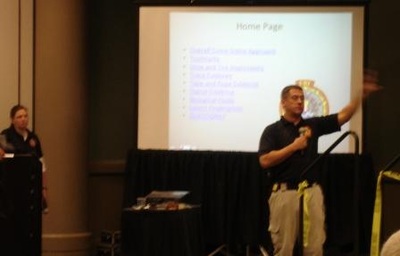
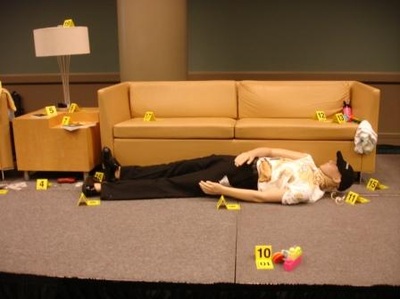
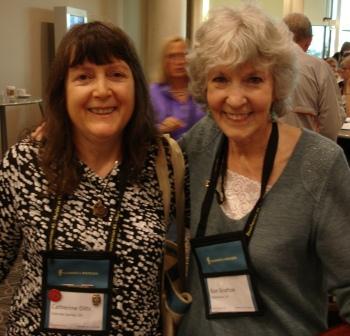
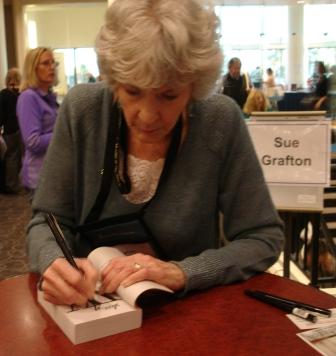
 RSS Feed
RSS Feed